Have you noticed the sudden rise in social commerce apps? If not, you must have had your eyes closed, because they are everywhere, and every marketing blog seems to be writing about social commerce almost constantly. Even Mark Zuckerberg admitted that this is the next wave in the technology, which is why he has focused on making Timeline so compatible with merchant services.
I have spent the past few weeks going through some of these apps, and I have to admit that a lot of them are nothing special. I can’t see the difference between analytics tools that were based around any standard online shop vs. what many of them are now.
But these seven managed to impress me, mainly because they really changed it up to focus on the social element of analytics. If you have tried some of what is out there, you know that is a rare thing indeed. So if you are looking for something more than a normal data tool with a Facebook sticker slapped on, check out these apps.
1. Moontoast
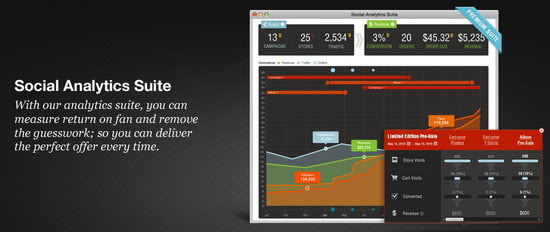
Everyone is talking about Moontoast lately, and it does a pretty good job of advertising itself as a trendier, edgier version of data tools. The user experiences I have read in reviews have been really positive, and it has been named one of the most advanced tools on the web. That is why companies like Universal Music and Time Fortune are two high-profile users of the product. But the “you get what you pay for” adage applies here, and that quality comes at a fairly high price. Moontoast is a good option for a professional, already-established brand that is looking to expand its reach through a great demographic understanding, but not so well placed for the little guy just starting out.
2. Campalyst

What I love about this tool is that it isn’t based on number of likes, which is ultimately a pointless way of attempting to measure success for a shop rather than a brand. Instead, it focuses on the profits generated from Facebook, which is a handy way of measuring ROI. It is also another popular product for professional websites looking to cash in on social commerce. The Huffington Post and Bloomburg are two examples of clients it boasts.
3. Social Report
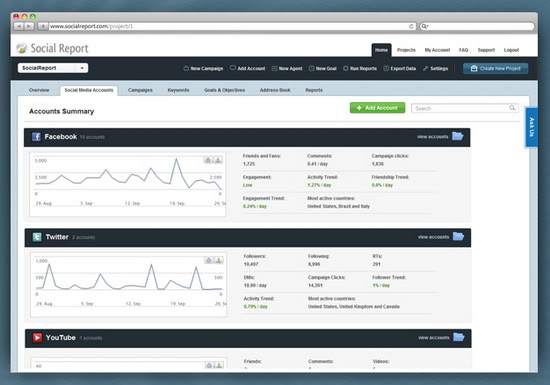
This is the first analytics tool that I have seen using Skype customer support for face-to-face interaction and problem solving. It has nothing to do with the performance of the app itself, but I love that personal touch and how simple and innovative it is. That is what you want in a social commerce company: innovation as it dominates a new field of business. The tool itself is pretty good, though similar to a lot of others. It has a $9-per-month starter and then three others at $39 per month, $79 per month and $159 per month. This depends on how many admins, projects and features you need. Social Report is affordable enough, and I think the live support alone makes it worth a shot.
4. Claritics
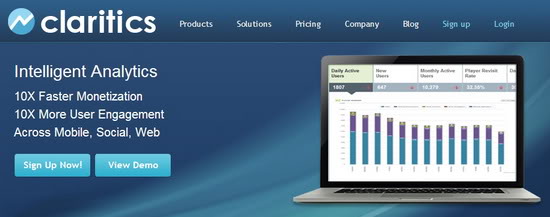
I will say right off the bat: This analytics program is very expensive. But it is the height of professional tools, used almost entirely by medium to massive companies. It has a very basic free version that allows up to 100,000 MAU’s and installs. It also has an engagement dashboard, virtual and real commerce, virility and activities monitoring, as well as community support. The paid versions cost between $450 per month and $9,999 per month. The most popular is the $1,999 option, which gives you all features for a scale of up to 1,000,000 MAU’s and installs.
5. Iwipa
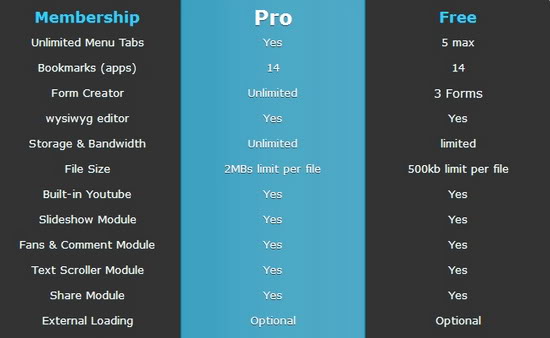
Don’t have $10,000 per month to throw at your social commerce development department? No worries – this is a good option for everyone from an established brand to a guy in his mother’s basement wanting to start his own comic book exchange. It’s easy to use and feature heavy, and with both free and paid versions, you can build a pretty nice fan page or storefront. I like the unlimited tabs that come with membership as well as the bookmark apps and the built-in YouTube plug-in.
6. Bazaarvoice
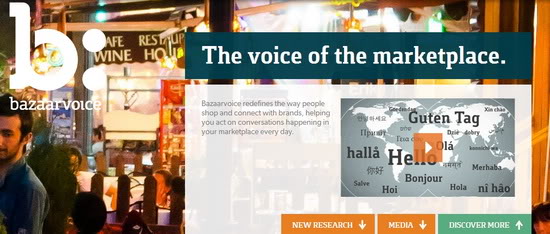
This tool is unique, as it uses a review system rather than traditional profile analytics. It paints a picture of how your brand is perceived on the web by both customers and potential customers and helps to target problems areas that need to be fixed in public opinion. My advice would be to get this in addition to other social commerce platforms for a more complete view of where you stand.
7. Janrain
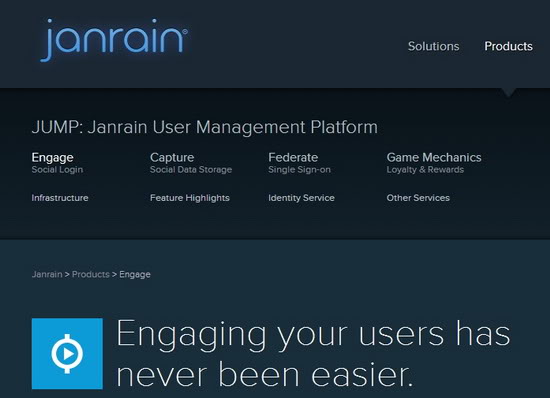
I like this platform, as it focuses mainly on the personalized data of your customers and then gives you a look at what they like, don’t like, are interested in and like and save. This is compatible with multiple sites, such as Facebook, Twitter, Google, PayPal Access, LinkedIn, Yahoo and more. They have a wider management platform to check out, like engage, capture, federate and game mechanics.
Comparing Social Commerce Analytics Tools
These tools actually make analytics interesting. That might have been how it felt to some of the people reading this now, but you guys are a little bit crazy. For those of us living in the normal realm, this was an impossibly boring part of social commerce that never inspired much excitement – until now, when there are plenty of supertools that take care of it for us.
The seven above are sure to impress you, so check them out and find the ones right for your business.

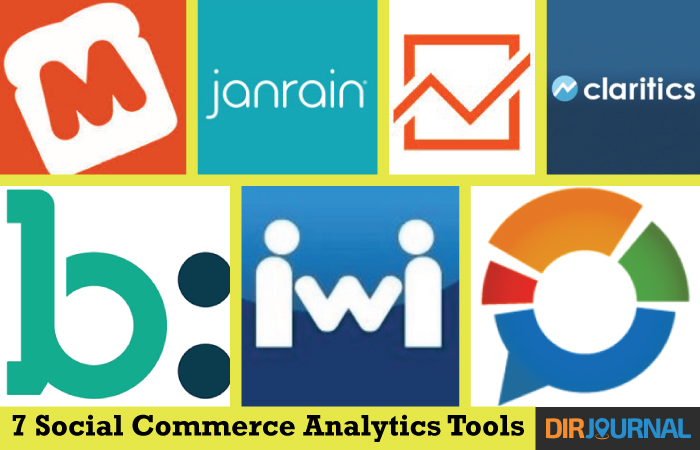

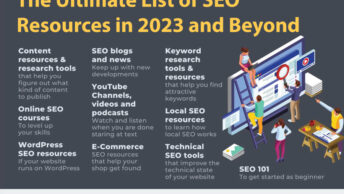




Though I don’t want to be overly critical in my remarks, the post title indicates the tools listed are suited for use by small business when, in truth, most are affordable only by larger companies. I do appreciate your concise review of each product, however, just dismayed that the promise of the post as portrayed by the title didn’t match the deliverable.
Hey Paul, which exactly tools do you think are not reliable? Socialreport is $39 a month, Iwipa is $99.97 per year… Just curious!
[…] 7 Social Commerce Analytics Tools for Small Businesses, http://www.dirjournal.com […]